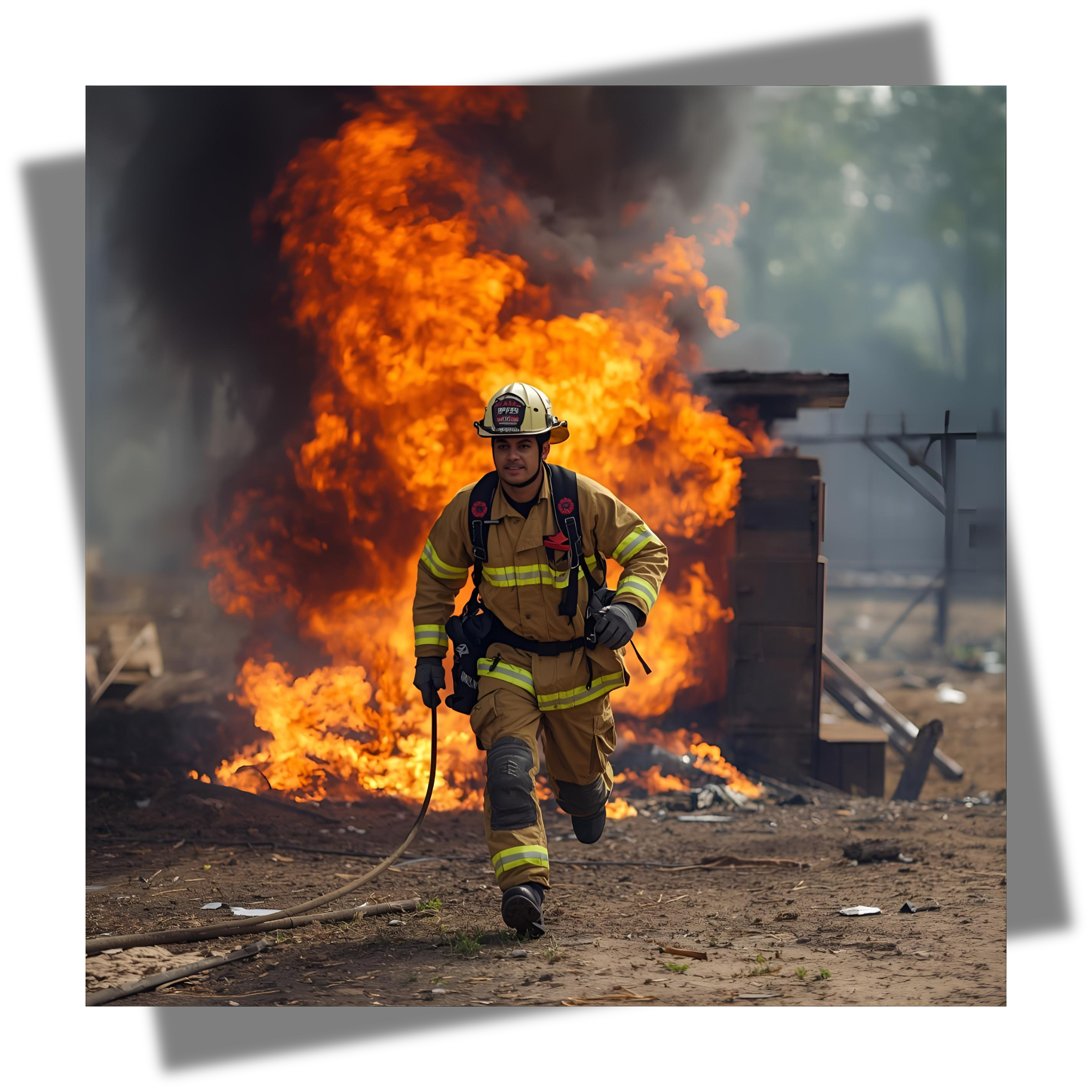Introduction
For firefighters, police officers, EMTs, and other first responders, stress isn’t just part of the job—it is the job. Long shifts, unpredictable emergencies, physical danger, and exposure to traumatic events create a level of stress that most people will never experience. Over time, this constant pressure can erode both physical and mental health, leading to burnout, injury, or even career-ending fatigue.
But stress is not something to ignore. With the right strategies, first responders can build resilience, manage stress more effectively, and maintain peak performance even in the toughest environments. This article explores why stress management is essential for tactical professionals and offers practical tools to stay sharp under pressure.
Why Stress Management Matters for First Responders
Stress in high-stakes professions isn’t just mental—it’s physical. Elevated stress hormones like cortisol increase heart rate, restrict blood flow, and impair decision-making. Chronic stress can weaken the immune system, disrupt sleep, and increase the risk of cardiovascular disease.
For first responders, the consequences are even more immediate. Poor stress control can slow reaction times, cloud judgment, and increase the likelihood of mistakes in life-or-death situations. Effective stress management is not about eliminating stress—it’s about learning to channel it productively while protecting long-term health.
Recognizing the Signs of Stress Overload
Before managing stress, it’s critical to recognize it. Warning signs often include:
-
Persistent fatigue, even with rest
-
Difficulty focusing or making decisions
-
Irritability or mood swings
-
Trouble sleeping, especially after shifts
-
Frequent muscle tension, headaches, or stomach issues
Noticing these early is the first step toward preventing burnout.
Strategies to Stay Sharp Under Pressure
1. Breathing and Control Techniques
One of the fastest ways to manage stress is through controlled breathing. Slow, deep breathing activates the parasympathetic nervous system, lowering heart rate and calming the body. Techniques like box breathing (inhale 4 seconds, hold 4, exhale 4, hold 4) can be used in the middle of a stressful situation—whether it’s before entering a fire scene or after a high-adrenaline pursuit.
2. Physical Training as Stress Relief
Exercise is more than conditioning—it’s a proven stress reducer. Strength training, conditioning, and mobility sessions not only improve job readiness but also release endorphins that combat stress. For first responders, training should be seen as both preparation and therapy.
3. Sleep and Recovery
Sleep disruption is a reality of shift work, but managing recovery is still essential. Creating a sleep-friendly environment, limiting caffeine after shifts, and establishing consistent routines all help counteract the damage of irregular schedules. Even short naps can make a significant difference in stress resilience.
4. Nutrition for Stress Control
Poor diet amplifies stress. High sugar and processed foods lead to energy crashes, while dehydration increases fatigue. Tactical athletes should focus on steady protein intake, complex carbohydrates, healthy fats, and adequate hydration to keep energy stable during long shifts. Supplements like magnesium, adaptogens (such as ashwagandha), and mushroom blends may also support stress resilience.
5. Mental Reset Practices
Mindfulness, meditation, journaling, or even five minutes of quiet reflection can reset the nervous system after a stressful call. These small resets help prevent stress from accumulating shift after shift.
Building a Culture of Resilience
Stress management doesn’t stop at the individual level—departments and teams play a role too. Encouraging fitness programs, peer support groups, and open conversations about mental health helps create a culture where first responders can thrive. A resilient team protects not only its members but also the communities they serve.
Conclusion
First responders cannot eliminate stress from their jobs, but they can control how they respond to it. Through breathing drills, structured training, better sleep and nutrition, and mental reset practices, tactical professionals can build resilience that lasts.
Stress management is not a luxury—it’s a necessity for staying sharp under pressure, avoiding burnout, and ensuring that every firefighter, police officer, and EMT returns home safely at the end of the day.



